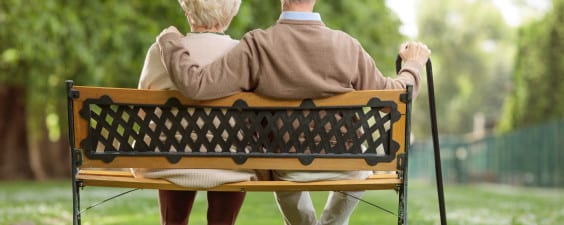15 Mar SUICIDE PREVENTION: How do you Know if Someone is at Risk of Suicide?

How do you know if someone is at Risk of Suicide?
With Suicide being the leading cause of death for Australians aged between 15 and 441 its important to know who is at risk.
Anyone can experience suicidal thoughts especially when faced with difficult and challenging times. However, there are predicting factors we can look for to determine suicide risk:
1. Males are around 3 times more likely to die by suicide than females
2. The suicide rate among Aboriginal and Torres Straight Islander peoples is more than double the national rate. In 2015, suicide accounted for 5.2% of all Indigenous deaths compared to 1.8% for non-Indigenous people1.
3. People with clinical depression
4. People who have had suicide attempts or a family history of suicide
5. People with Bipolar Affective Disorder
6. People with Schizophrenia
7. People with Alcohol or drug dependency
8. People who have recently been discharged from hospital or after being when treatment is reduced
9. Someone with a terminal illness
10. Someone with a recent experience a trauma or loss
11. Someone who is socially isolated
12. Someone who has experienced childhood abuse
13. Adolescents: Being in a hostile learning environment, and or being exposed to other teen’s suicide
The above predicting factors once again illustrate how anyone of us can experience suicidal thoughts. You don’t have to be an expert to make a difference in saving someone’s life. Showing genuine concern, care and willingness to help is all that’s needed. By doing this alone you will increase feelings of connection for the person and in turn reduce feelings of isolation and the likelihood that person suiciding.
Emergency numbers:
• Lifeline (13 11 14)
• Suicide line1300 651 251
• Beyond blue 1300 22 4636
• Suicide call back service 1300 659
• Kids helpline (5-25year olds) 1800 55 1800
• Men’s line Australia 1300 78 99 78
• Crisis Assessment Team:
Inner West 1300 874 243
Midwest triage 1300 859 764
Southwest triage 1300 657 259
• Emergency 000. You can call the police. They are more than happy to do ‘people’s safety checks’ and if needed they will take people to the hospital – emergency department- to be assessed and be provided with further supports.
If you are concerned about someone, call to speak to one of our highly skilled psychologists and we’ll ensure to prioritise them to see them as soon as possible.
Carmen Beaumont
Principal Psychologist & Director
References:
1. Australian Bureau of Statistics (2016). Causes of Death, Australia, 2015. Catalogue No. 3303.0. Belconnen, ACT: Commonwealth of Australia. Accessed September 28, 2016 from: http:/www.abs.gov/AUSSTATS/abs@.nsf/allprimarymainfeautures/47E19CA15036B04BCA2577570014668B?opendocument


Sorry, the comment form is closed at this time.